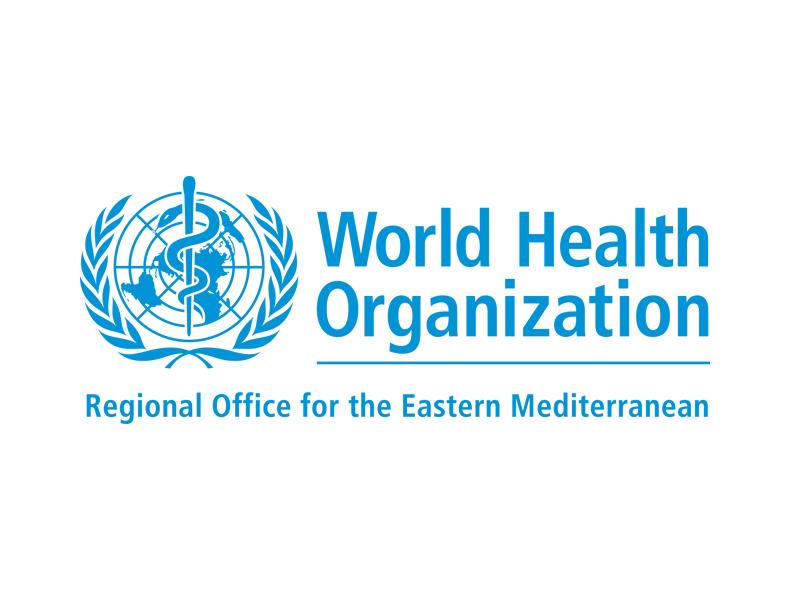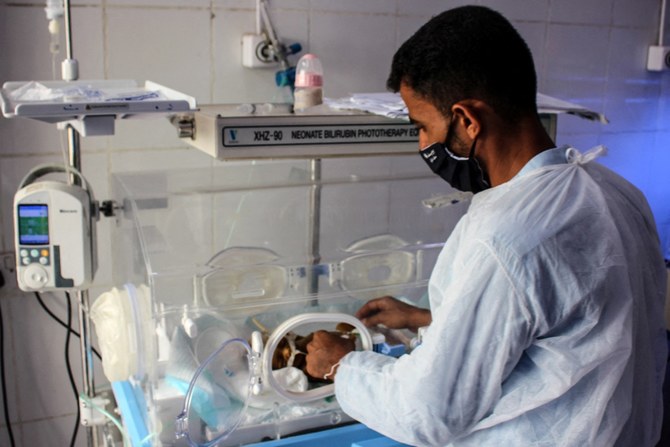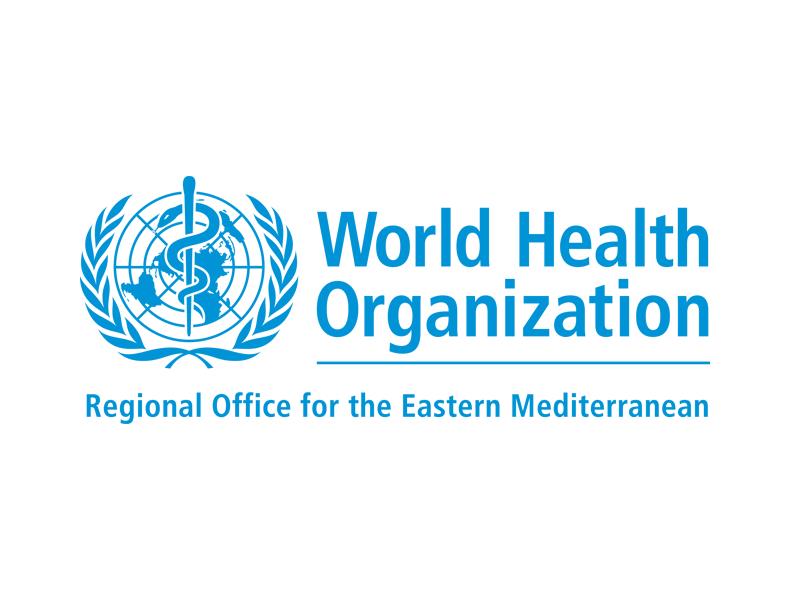
GENEVA — The world must be ready when the next pandemic comes, the head of the UN World Health Organization (WHO) has said, urging countries to invest more in public health as part of their efforts to recover from COVID-19.
“COVID-19 is teaching all of us many lessons,” Tedros Adhanom Ghebreyesus, WHO Director-General, said at a media briefing in Geneva, on Monday.
“One of them is that health is not a luxury item for those who can afford it — it’s a necessity and a human right. Public health is the foundation of social, economic and political stability,” he added, calling on countries to invest in services to prevent, detect and respond to diseases.
Recently, while many countries have made “enormous advances” in the field of medicines, many neglected their basic public health systems, the foundation for responding to infectious disease outbreaks.
“Part of every country’s commitment to build back better must therefore be to invest in public health, as an investment in a healthier and safer future,” he stressed.
“Ultimately, we are not just fighting a virus. We’re fighting for a healthier, safer, cleaner, and more sustainable future.”
The WHO chief also informed the media that the review committee of the international health regulations will commence its work on Tuesday.
It will review the convening of the emergency committee, the declaration of a public health emergency of international concern, the role and functioning of national IHR focal points, and will examine the progress made in implementing the recommendations of previous review committees.
The review committee, which comprises independent experts, will evaluate the functioning of the international health regulations and advise whether any changes are necessary
The IHR — an international treaty that governs preparedness and response to health emergencies — was first adopted in 1969 and is legally-binding on 196 countries, including all WHO member states. It was last revised in 2005. The treaty outlines rights and obligations for countries, including the requirement to report public health events, as well as the criteria to determine whether or not a particular event constitutes a “public health emergency of international concern”.
“Depending on progress made, the committee may present an interim progress report to the resumed World Health Assembly in November, and a final report to the assembly in May next year,” said the WHO director-general. — UN news









